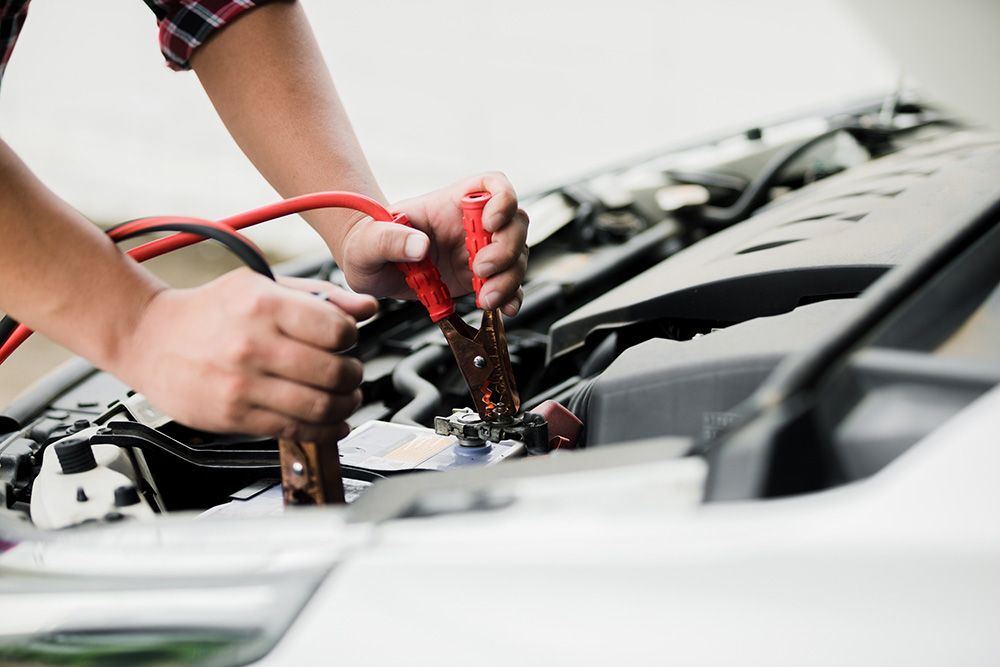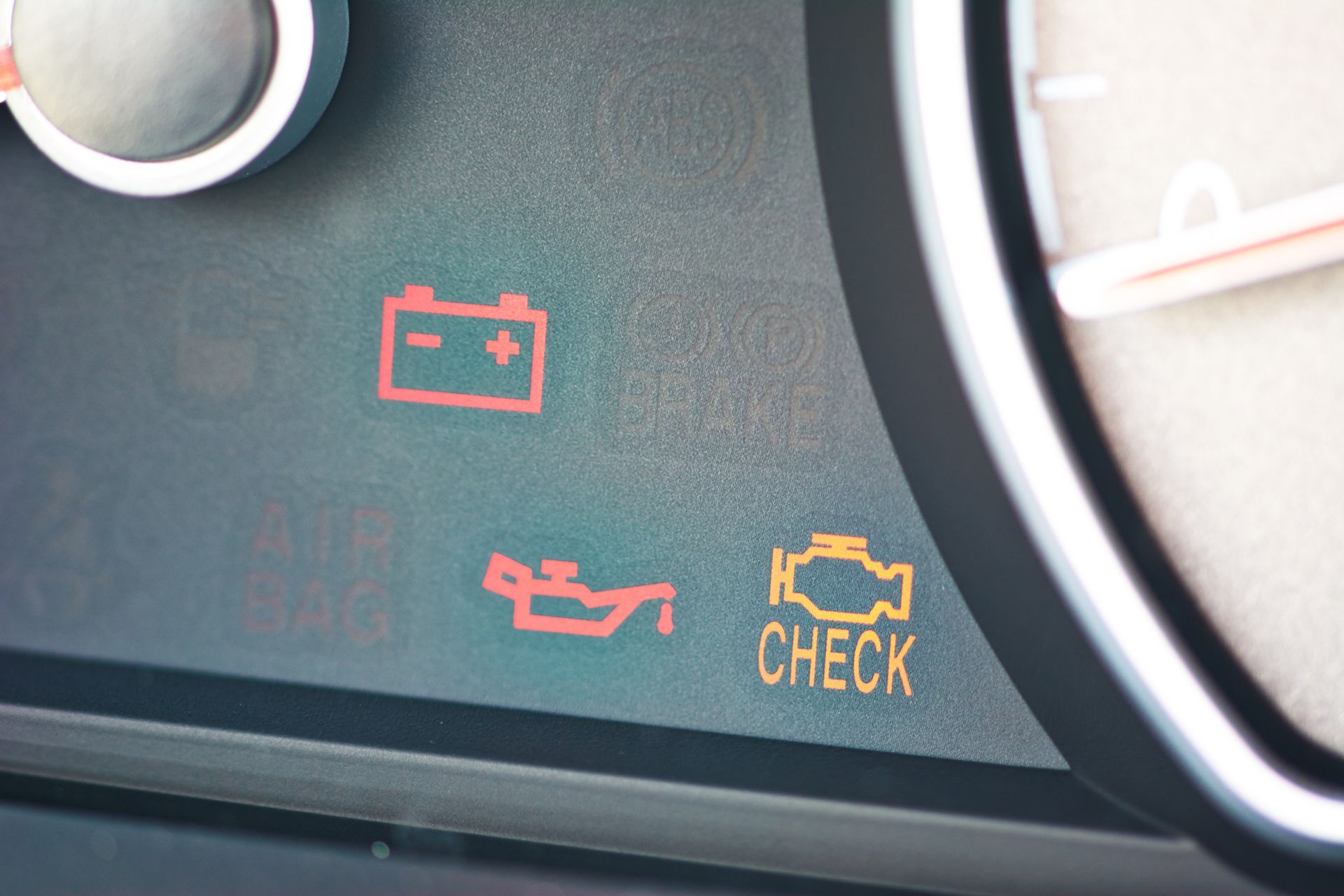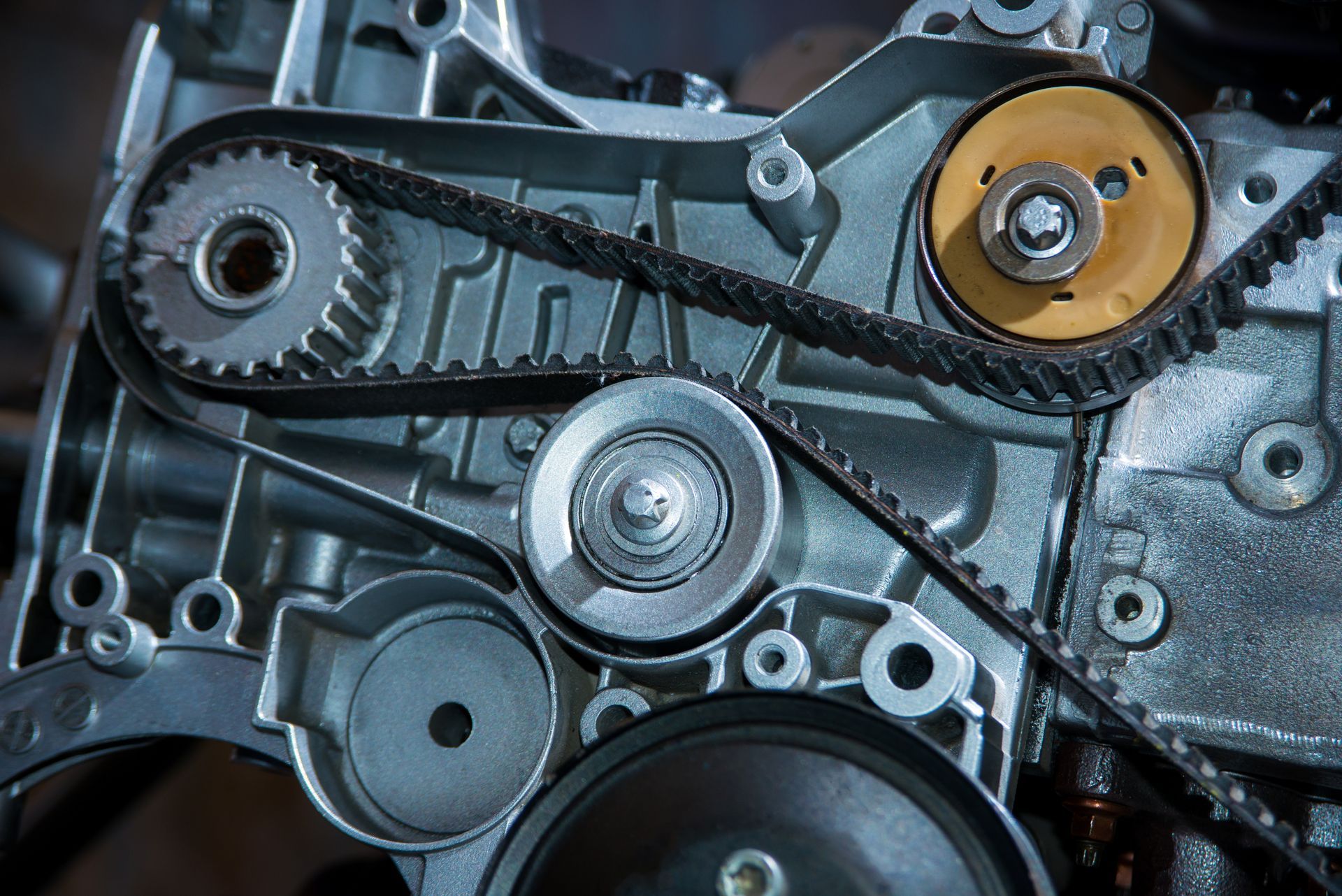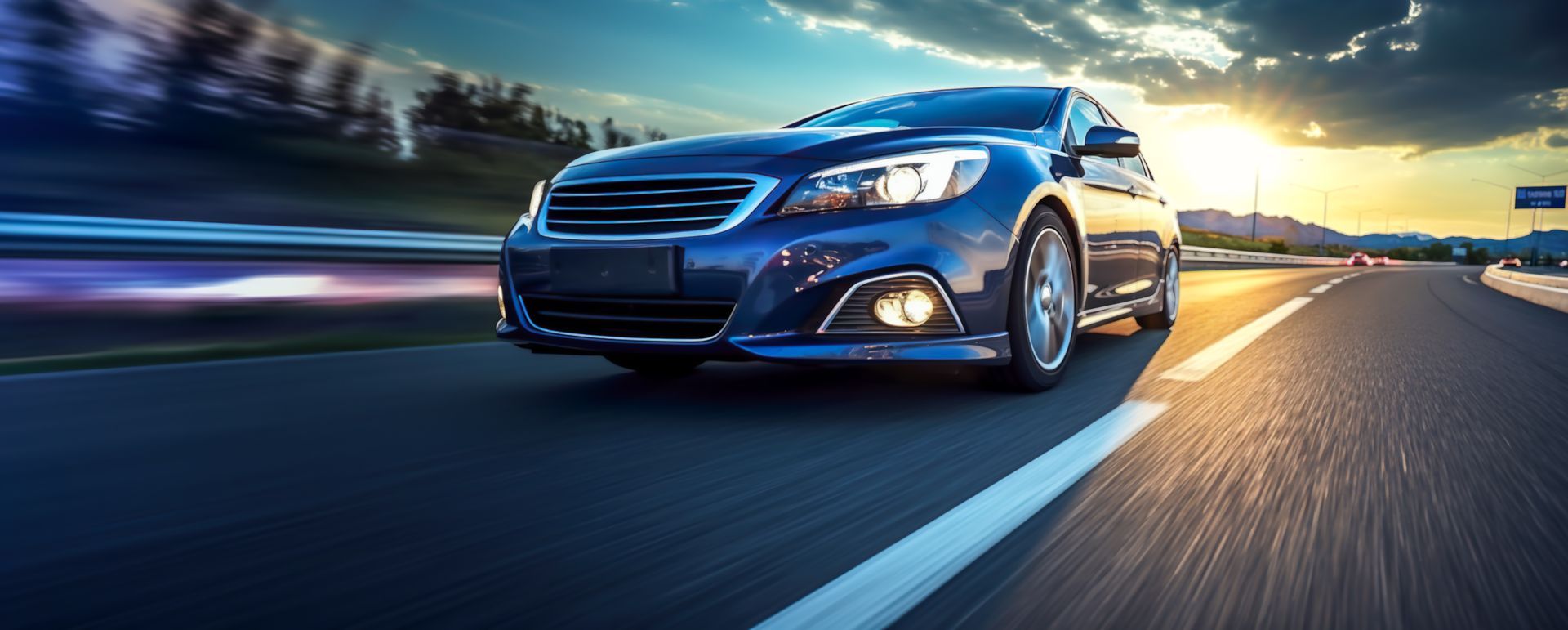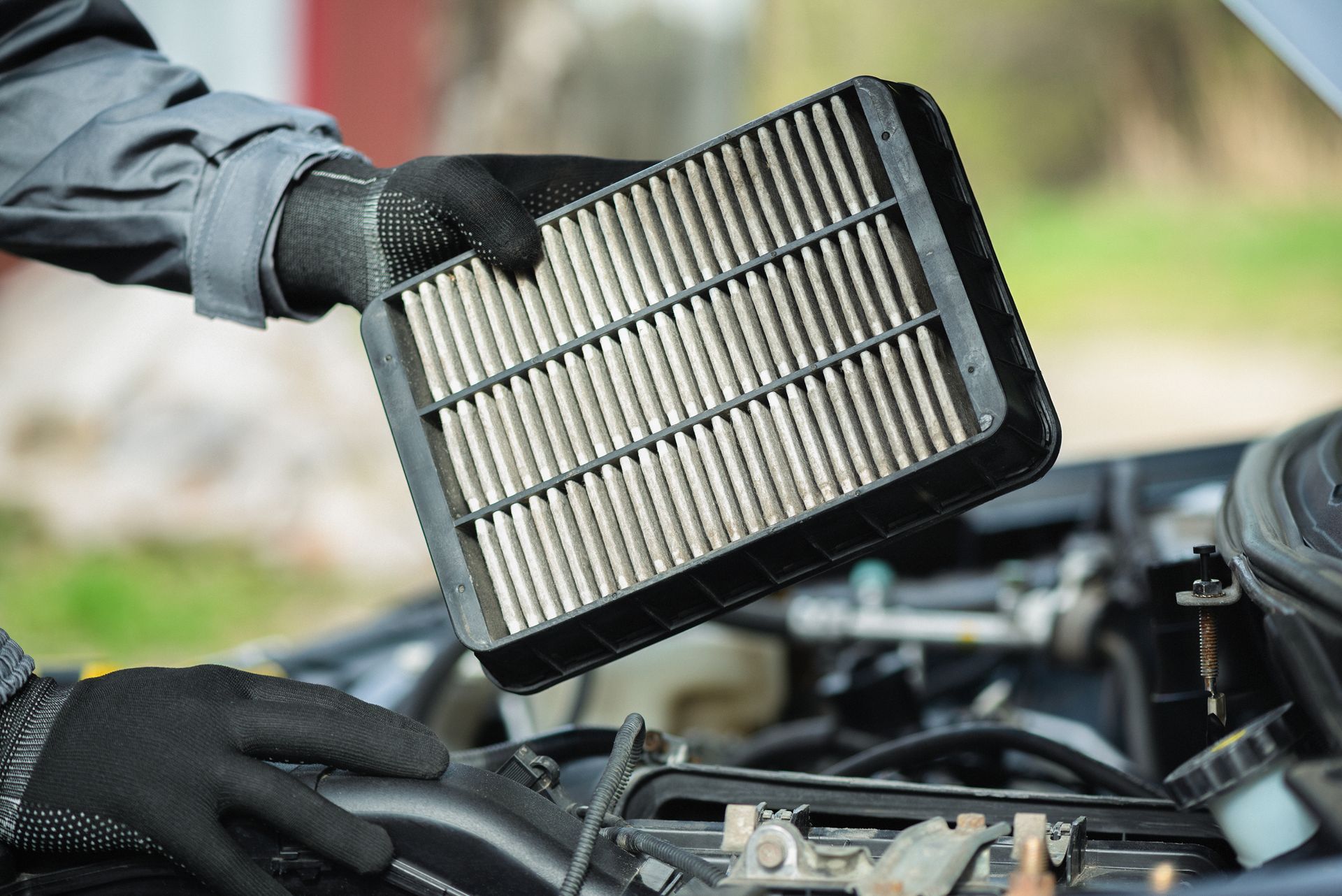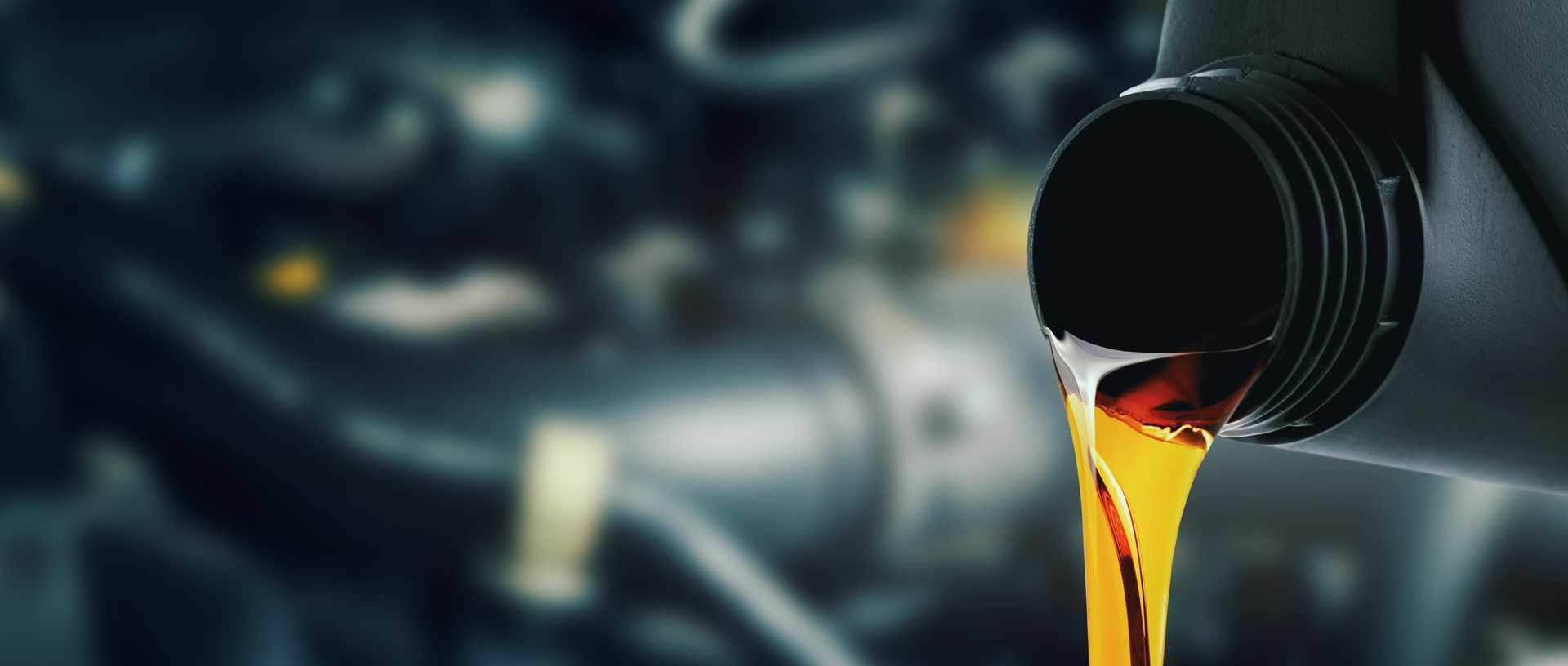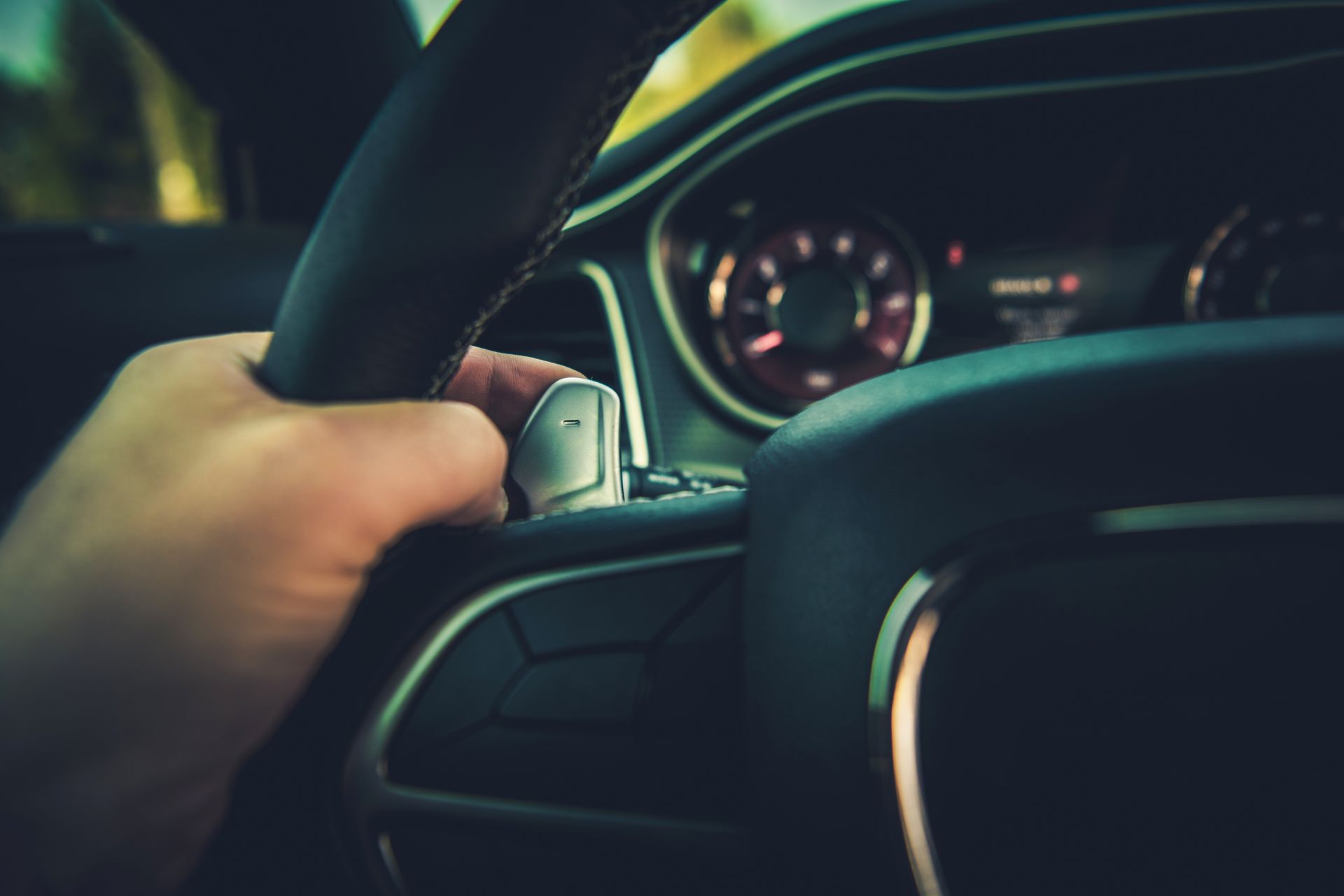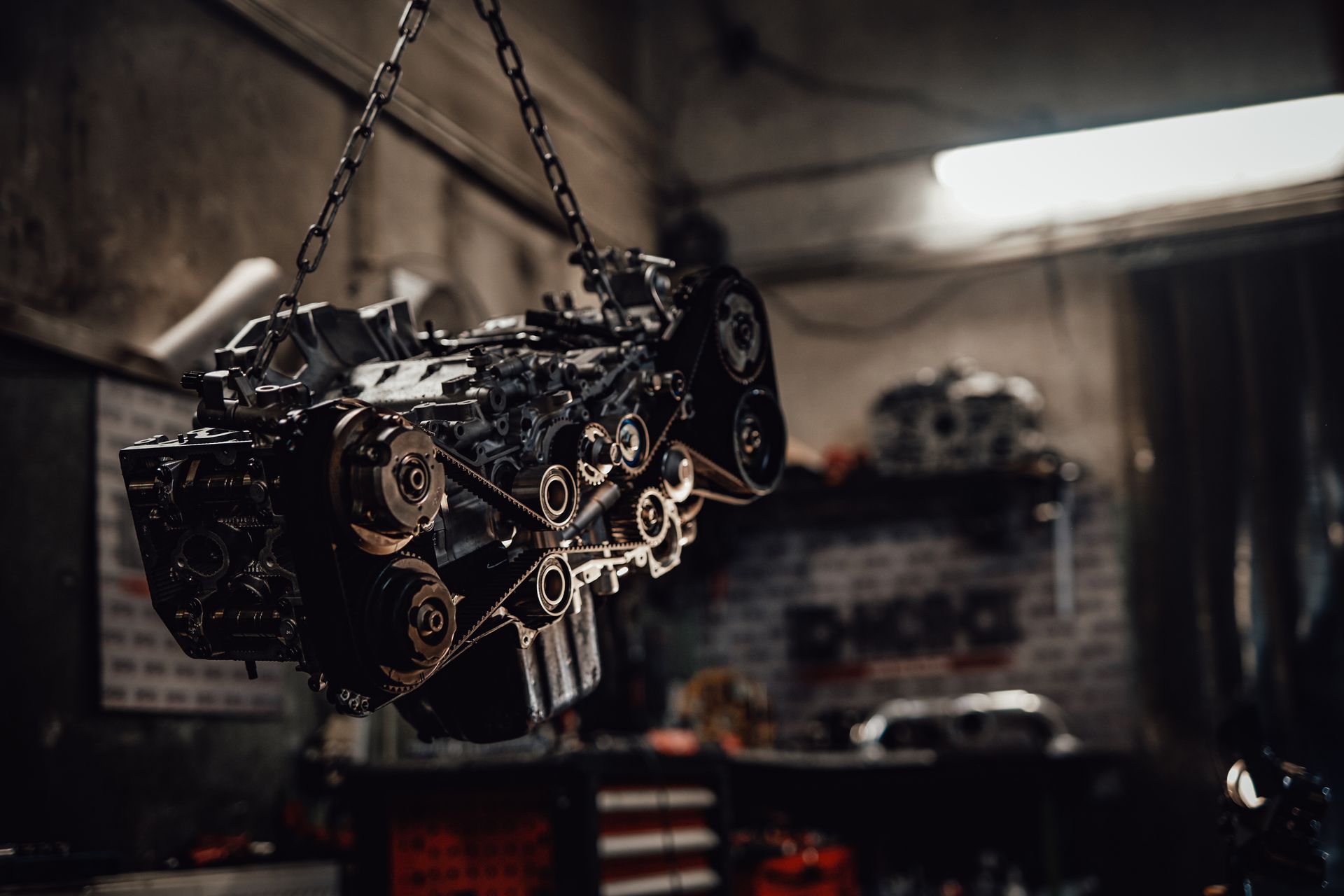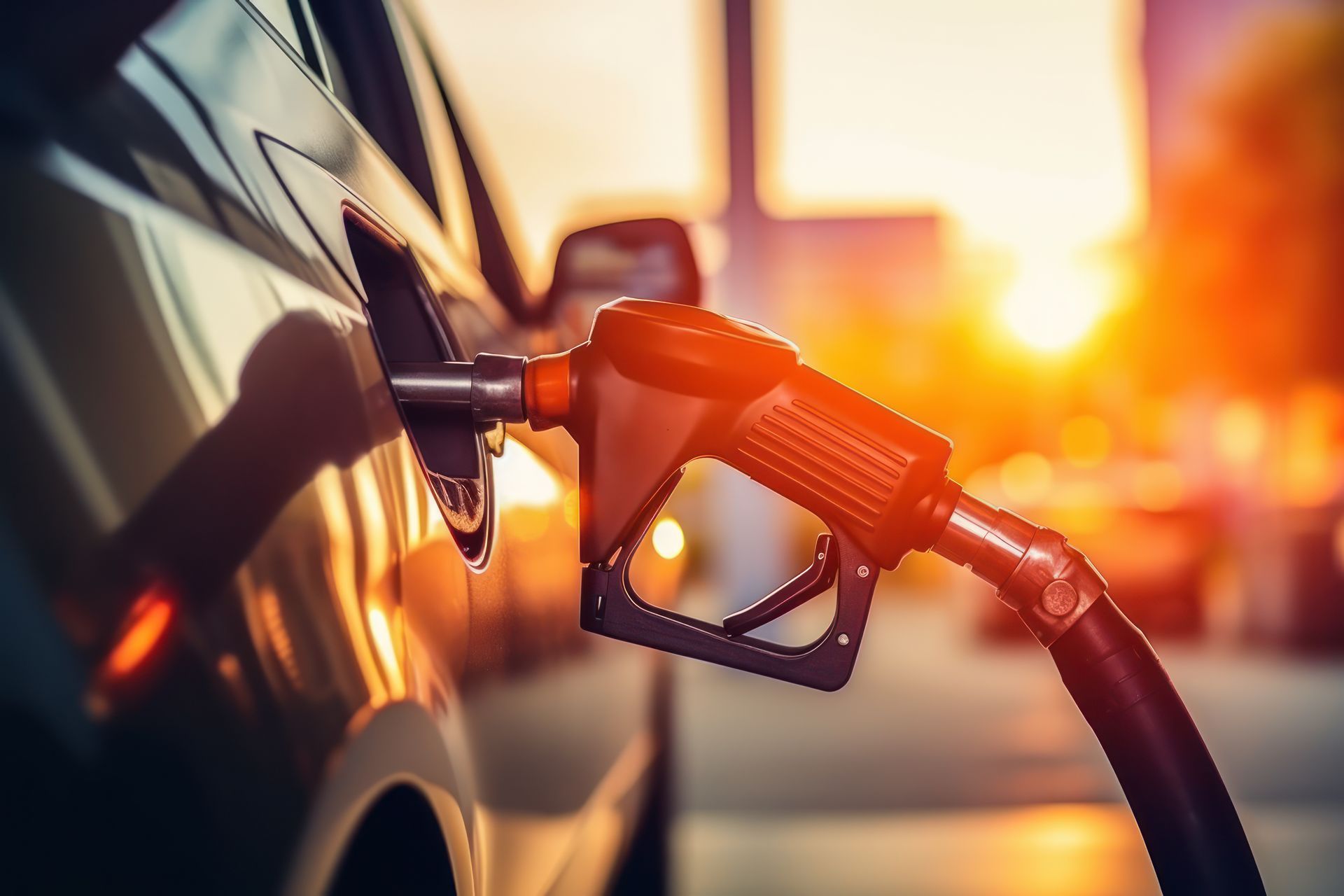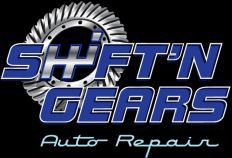Loading ...
Missing business hours data / Error occurred while getting the data.
-
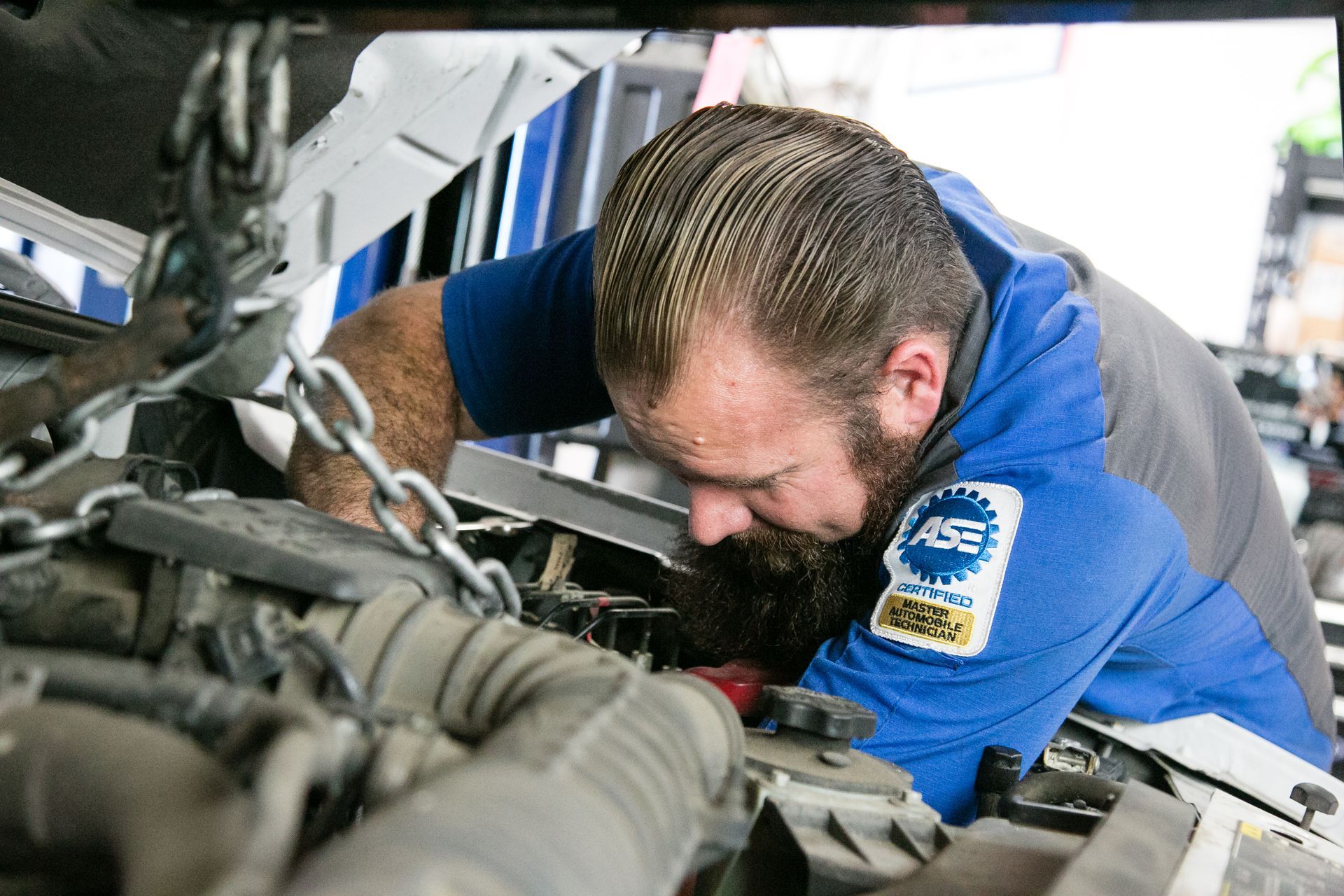
WHERE SHIFT HAPPENS!
We offer discounts for first responders, law enforcement and military.
We are proud to provide superior, ethical and transparent communication.
Make an Appointment -

My Garage
Review upcoming service appointments
Dive into your vehicle's service history
Discover your service recommendaitons
My Garage Login -
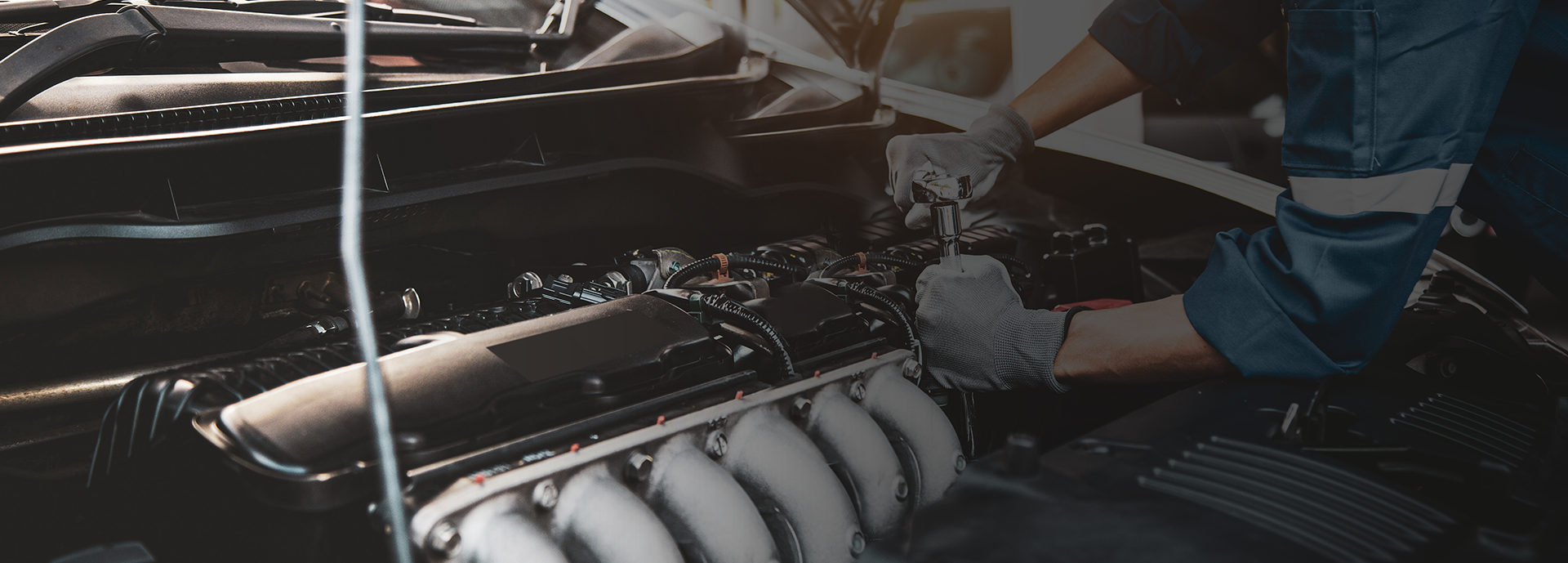
WHERE SHIFT HAPPENS!
We offer discounts for first responders, law enforcement and military.
We are proud to provide superior, ethical and transparent communication.
Click To See our Specials
The Differential - What Does It Do & How to Maintain It
Have you ever wondered what makes your car smoothly navigate corners or seamlessly switch between driving modes? Look no further than the differential – a crucial component hidden within your vehicle's drivetrain.
The Differential's Role in Your Vehicle's Drivetrain
At its core, the differential is a mechanical device designed to distribute power evenly to the wheels while allowing them to rotate at different speeds. This is particularly important when your vehicle turns, as the inner and outer wheels travel different distances and speeds. The differential ensures that each wheel receives the appropriate amount of power, enabling smooth and stable handling.
Types of Differentials
There are several types of differentials commonly found in vehicles, each with its unique characteristics and applications. These include:
Open differentials
Open differentials are the most common type found in vehicles. They distribute power equally to both wheels but allow them to rotate at different speeds, especially during turns. While effective for normal driving conditions, they may struggle to provide traction in slippery or uneven terrain since power tends to go to the wheel with the least resistance.
Limited-slip differentials
Limited-slip differentials are designed to address the limitations of open differentials by providing some degree of locking mechanism. They distribute power to both wheels like open differentials but have mechanisms that engage when one wheel loses traction, transferring power to the wheel with more grip. This helps improve traction and stability, particularly in challenging driving conditions.
Locking differentials
Locking differentials offer a more aggressive approach to improving traction. Unlike limited-slip differentials, locking differentials fully lock both wheels together, ensuring equal power distribution regardless of traction conditions. This can significantly enhance off-road performance by preventing wheel spin and providing maximum traction in challenging terrain.
Electronic or active differentials
Electronic or active differentials utilize advanced electronic control systems to optimize power distribution based on driving conditions in real-time. These differentials can vary torque distribution between wheels dynamically, enhancing traction and stability during acceleration, cornering, and braking. They offer superior performance and versatility compared to mechanical differentials, particularly in high-performance and all-wheel-drive vehicles.
Tips for Longevity and Performance
Like any mechanical component, the differential requires regular maintenance to ensure optimal performance and longevity. Here are some essential maintenance tips to keep your differential in top condition:
Fluid Checks and Changes
Regularly inspecting and replacing differential fluid is crucial for proper lubrication and cooling. Over time, differential fluid can break down and become contaminated, leading to increased friction and wear. Refer to your vehicle's owner's manual for recommended intervals for fluid changes.
Seal Inspection
Check the seals and gaskets around the differential housing for signs of leaks or damage. Leaking seals can allow dirt and debris to enter the differential, leading to premature wear and potential failure. Replace any damaged seals promptly to prevent further issues.
Gear Inspection
Periodically inspect the gears inside the differential for signs of wear or damage. Excessive wear or chipped teeth can indicate underlying problems that require attention. If you notice any abnormalities during inspection, consult a qualified mechanic for further diagnosis and repair.
Alignment Checks
Proper wheel alignment is essential for reducing stress on the differential components. Misaligned wheels can cause uneven tire wear and increase strain on the differential, leading to premature failure. Schedule regular alignment checks to ensure your vehicle's wheels are properly aligned.
Common Differential Problems: Signs to Watch Out For
Despite regular maintenance, differentials can develop issues over time due to wear and tear or other factors. Some common signs of differential problems include:
- Unusual noises coming from the differential, such as whining or grinding sounds, may indicate worn bearings or gear teeth. Ignoring these noises can lead to further damage and costly repairs.
- Visible fluid leaks around the differential housing or axle seals are a clear indication of a problem. Leaking fluid can lead to inadequate lubrication and overheating, resulting in potential damage to the differential components.
- Excessive vibration or shaking felt through the vehicle's steering wheel or chassis could be a sign of differential issues. This may indicate worn or damaged components, such as bearings or gears, requiring attention.
For all your differential repairs and maintenance, contact Shift'N Gears Garage! We are the solution to all your car's problems and breakdowns.
Loading ...
Missing business hours data / Error occurred while getting the data.
Loading ...
Missing nap lines data / Error occured while getting the data.

